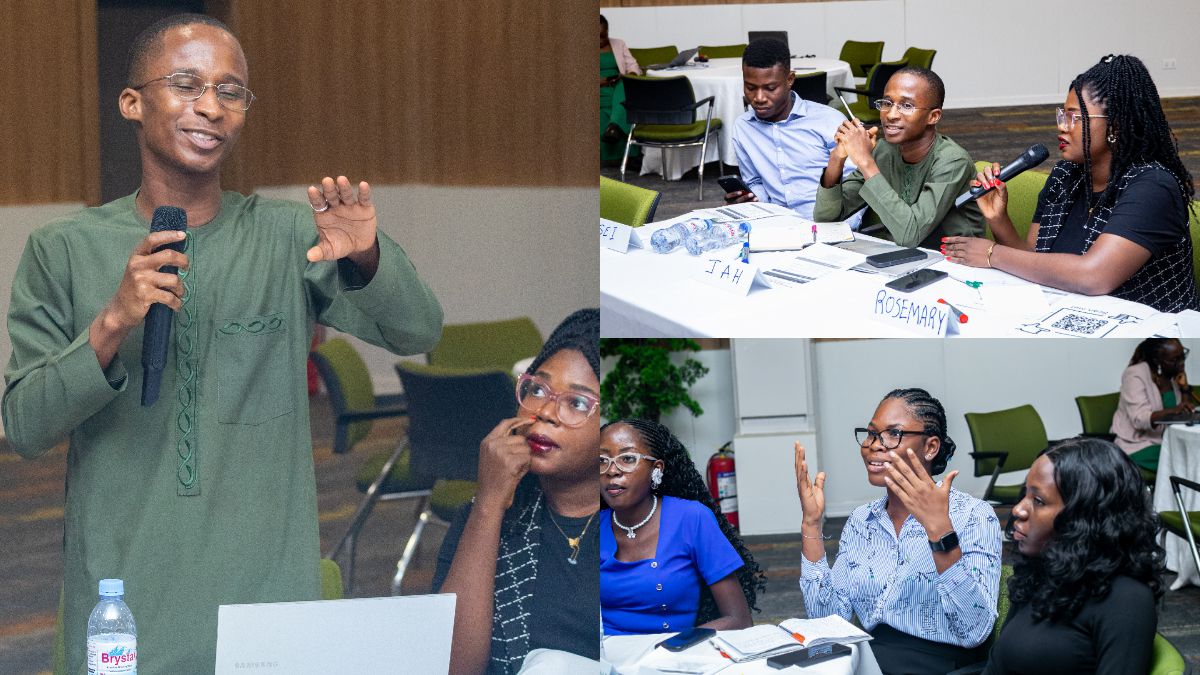
In a brightly lit conference room in Abuja, young leaders from across West Africa leaned forward in their seats, not just to listen, but to learn how to transform their communities.
The occasion was the 10th Community Organising School (COI), hosted by YIAGA Africa, a platform that has, since 2013, quietly moulded over 400 changemakers into community advocates, political actors, and social innovators.
For Cynthia Mbamalu, YIAGA Africa’s Director of Programmes, the goal is clear: leadership must be action-driven.
“Leadership is doing. When these participants return home, they are expected to lead initiatives, whether on climate change, health, political representation, or social justice, and to build movements around the issues they care about,” she told Pulse Nigeria.
This year’s cohort was chosen from nearly 800 applicants, their selection based not on ambition alone, but on evidence of ongoing community work.
From Nigeria to The Gambia and Cameroon, alumni of the programme have gone on to occupy key positions and earn global recognition, like Maryam Bukar Hassan, a 2017 participant recently honoured at the United Nations.
The training doesn’t shy away from the harsh realities of leadership.
“There’s no guarantee you’ll get the results you want. You may face threats, hostility, or failure. But a true leader kicks the ball, even without certainty of scoring,” Mbamalu said.
For some, like Sierra Leone-born participant Ibrahim Serayjah, the workshop is a stepping stone to a political career.
“I want to lead my people in the future,” he said, “and this has taught me the skills to do it.”
For Nigerian lawyer and mental-health advocate Rosemary Ochiwu, it’s about building a movement.
“I’ve learned leadership is enabling others to act, even in uncertainty. Now, I’m rethinking how to communicate my cause.”
YIAGA Africa’s Programme Coordinator, Ibrahim Faruk, believes the training offers something Nigeria’s political culture sorely needs.
“Leadership is not only positional. It’s taking responsibility to solve problems without waiting for a title,” he said.
As the session closed, one thing was clear: the young people in the room were leaving not with certificates, but with a vision and a network to create the kind of leadership their communities have been waiting for.
